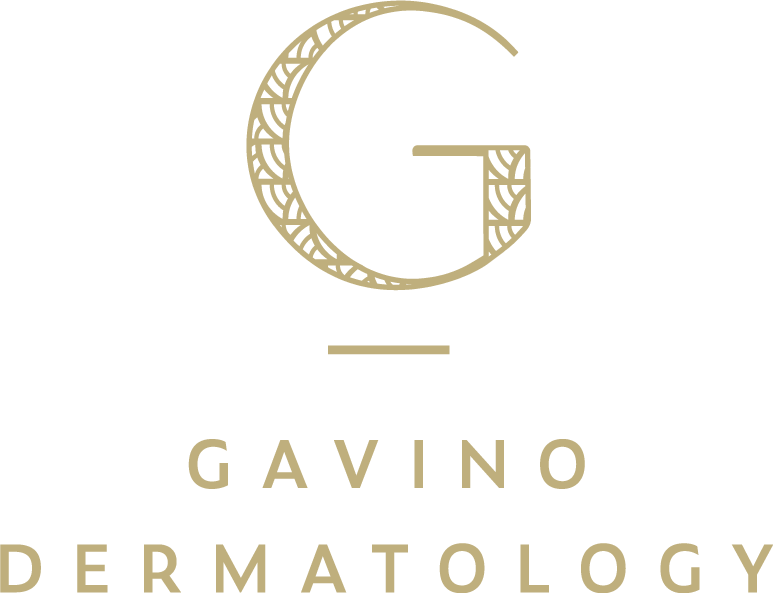Hair loss, also known as alopecia, is a common condition that interrupts your body’s natural hair growth cycle, eventually leading to hair loss, thinning hair, and even complete baldness. Hair loss can occur because of numerous underlying diseases — Gavino Dermatology offers comprehensive diagnosis and treatment for hair pathology.
The Natural Hair Growth Cycle
The natural hair growth cycle comprises three phases: anagen, catagen, and telogen. During the anagen phase, hair actively grows and can last for several years. The catagen phase is when hair stops growing and separates from its follicle, lasting about 10 days. Lastly, in the telogen phase, the hair falls out, and a new one grows in the same follicle. If a hair follicle is damaged or this cycle is interrupted, hair loss occurs more rapidly.

Hair Pathology & Treatments
Hair pathology and disorders can manifest in various ways and can be caused by several factors. Some common hair disorders include alopecia, telogen effluvium, and hair shaft abnormalities. These conditions can be caused by genetics, hormonal imbalances, medical conditions, and even certain medications. Understanding the underlying causes of hair disorders is crucial in determining the best treatment plan to restore healthy hair.
Androgenetic Alopecia
Androgenetic alopecia, also known as male or female pattern baldness, is the most common type of hair loss. It is caused by a combination of genetics and hormones and can affect both men and women. The condition typically begins with a receding hairline in men and thinning hair in women. As the condition progresses, hair loss can become more extensive, leading to a balding crown or total hair loss on the scalp.
Telogen Effluvium
Telogen effluvium is a condition in which many hair follicles enter the telogen phase of the hair growth cycle, leading to excessive hair shedding. The condition can be caused by various factors, including stress, hormonal changes, and certain medications. Telogen effluvium is typically a temporary condition, and hair regrowth can occur within six months, but the condition can be managed with prompt treatment.
Anagen Effluvium
Anagen effluvium is a condition in which hair follicles are prematurely forced into the telogen phase, leading to excessive hair shedding. The condition is typically caused by exposure to certain chemicals or medications, such as chemotherapy drugs. Anagen effluvium is typically a temporary condition, and hair regrowth can occur once the underlying cause of the condition is addressed. Dermatologists can stimulate hair regrowth with medications.

Tinea Capitis
Tinea capitis is a fungal infection of the scalp that can lead to hair loss. The condition typically presents as scaly patches of hair loss on the scalp, along with itching and redness. The scalp may also display sores or blisters that ooze pus. Treatment options for tinea capitis include antifungal medications and shampoos. The primary goal is to eliminate the fungus responsible for the condition and restore a healthy scalp.
Cicatricial Alopecia
Cicatricial alopecia is a type of hair loss caused by damage to the hair follicles, leading to scarring and permanent hair loss. The condition can be caused by various factors, including autoimmune disorders and infections. Once scar tissues form on the scalp, hair can’t grow in the area. Treatment options for cicatricial alopecia include addressing the underlying cause of the condition, as well as steroid injections and topical treatments.
Hair Shaft Abnormalities
Hair shaft abnormalities are a group of conditions that affect the structure and strength of hair, leading to thin and weak hair strands that can break easily. These conditions can lead to overall thinning and brittle hairs. Hair shaft abnormalities can be caused by genetics, hormonal imbalances, and certain medical conditions. Treatment options for hair shaft abnormalities include addressing the underlying cause of the condition and hair growth supplements.
Hypotrichosis
Hypotrichosis is a rare genetic disorder characterized by a lack of hair growth on the scalp and body. The condition can be caused by a variety of genetic mutations and can present at birth or later in life. Hypotrichosis treatments are unpredictable and not always successful, but some medications can thicken or regrow hair. Most people with this condition go bald by 25.
Alopecia Areata
Alopecia areata is an autoimmune disorder in which the body’s immune system attacks hair follicles, leading to hair loss. The condition typically presents as round patches of hair loss on the scalp but can also affect hair on other parts of the body. Treatment options for alopecia areata include topical corticosteroids, topical minoxidil, and immunomodulators. In some cases, hair regrowth can occur without treatment.

Schedule an Appointment
Gavino Dermatology is the first and only comprehensive dermatology practice in Liberty Hill. Our practice is led by Dr. Carlo Gavino, a quadruple-board-certified dermatologist and dermatopathologist with specialized training in diagnosing and managing hair loss disorders. He has worked with some of the world’s foremost experts in hair pathology, including Drs. David Whiting, Len Sperling, Wilma Bergfeld, and Antonella Tosti. Please schedule an appointment to explore your hair loss treatment options in Liberty Hill.

